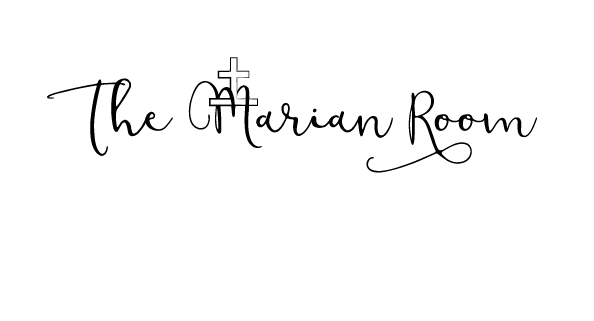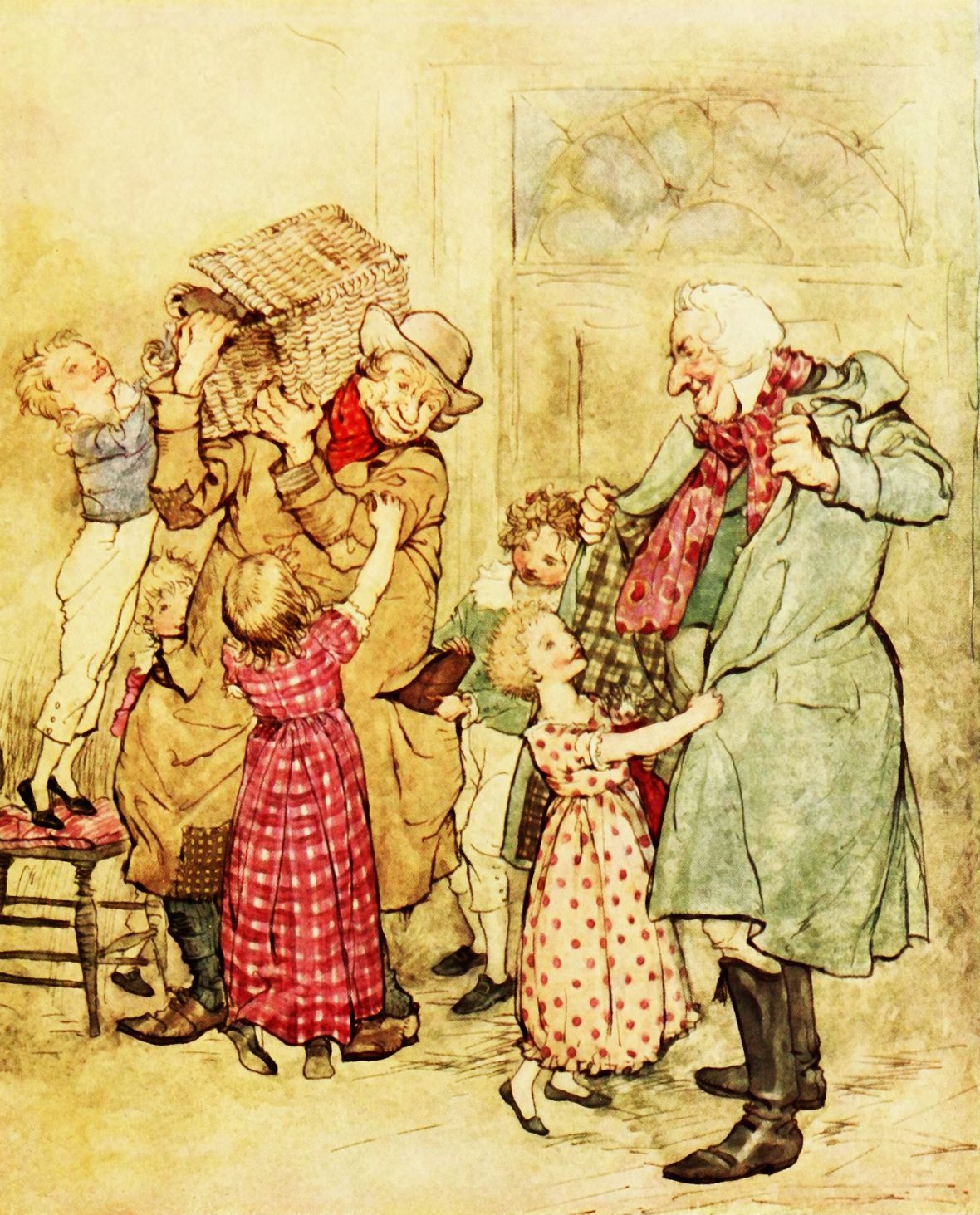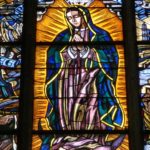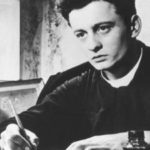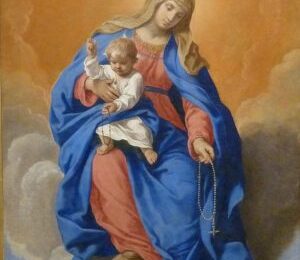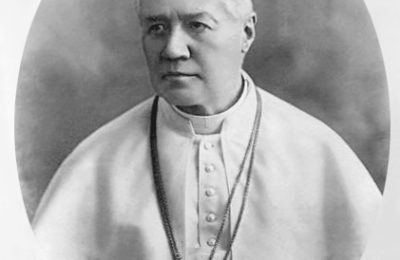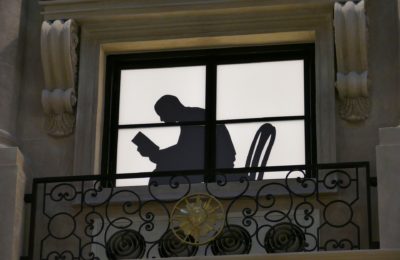“What was wonderful about childhood is that anything in it was a wonder. It was not merely a world full of miracles; it was a miraculous world.” G. K. Chesterton
As the days move closer to that Great Day, I have thought of the Charles Dickens book, A Christmas Carol, and must, today, come what may, look around the book shelves, vowing as I always do to put them into some sort of order, and find my copy of this gem, and read it; preferably by the fire, at night. Dickens had an extraordinary talent for storytelling, and his works never fail to entertain, and revitalize. The English writer, G.K. Chesterton, wrote a book on Dickens in 1906 which was titled, Charles Dickens. Chesterton’s book on Dickens was largely responsible for reviving a love for Dickens throughout the world: up until that point, Dickens’ popularity had faded, and his books were nearly forgotten. Chesterton said this about the works of Dickens: as you enter them, as if through a gate, the sign above reads: “Abandon all hopelessness, ye who enter here.”
Dale Alquist of the American Chesterton Society stated that, as we walk into the world of Dickens, as Chesterton noted, things happen:
And so we step in. We meet the amazing Dickens characters, and we join them on their exploits. Along the way we meet Dickens himself. And we meet him again dressed up as some of his characters. We walk the streets of 19th century London in the light and in the shadows, where hope does battle with despair, and where another adventure waits around the corner. Chesterton explains that while this might not be a world that we would have made, it is also not a world that we could have made. “Its merit is precisely that none of us could have conceived such a thing… it is the best of all impossible worlds.”
T.S. Eliot said that Chesterton’s book on Dickens is the “best on that author that has ever been written.”
One of the most surprising things about the book is that at the time it was written, the novels of Dickens were experiencing something of an eclipse in England. But Chesterton’s book helped spark a wide revival of Dickens, prompting J.M. Dent to publish new editions of all his books for the Everyman’s Library – and to invite G.K. Chesterton to write an introduction for each of the twenty-four volumes.
In 1942, The Readers Club (with an editorial committee comprised of Clifton Fadiman, Sinclair Lewis, Carl Von Doren, and Alexander Woolcott) brought out a new edition of Chesterton’s book on Dickens with the subtitle, The Last of the Great Men. In his introduction to this edition, Alexander Woolcott, says he feels qualified to describe the book as “readable” – since he himself has read it at least a dozen times. And as anyone else who has enjoyed this book, Woolcott especially relishes its conclusion, which is one of the most uplifting passages in all of Chesterton:
Comradeship and serious joy are not interludes in our travel; but… rather our travels are interludes in comradeship and joy, which through God shall endure for ever. The inn does not point to the road; the road points to the inn. And all roads point at last to an ultimate inn, where we shall meet Dickens and all his characters; and when we drink again it shall be from the great flagons in the tavern at the end of the world. source
Another citation that is quite interesting, which quotes Chesterton speaking about Dickens, is this:
From G.K. Chesterton’s ‘Editor’s Introduction’ to Dombey and Son, the 1907 ‘Everyman’ edition, xv and xvi, speaking about the character of Mr. Toots, who Dickens describes in the list at the beginning of the novel as “MR. P. TOOTS, a wealthy young gentleman, of good heart but inferior abilities”. In other words, Mr. Toots is a kind of omnipresent buffoon in the novel, from whom Chesterton derives an enormous truth:
“Toots may be considered as being in some ways the masterpiece of Dickens. Nowhere else did Dickens express with such astonishing insight and truth his main contention, which is that to be good and idiotic is not a poor fate, but, on the contrary, an experience of primeval innocence, which wonders at all things. Dickens did not know, any more than any great man ever knows, what was the particular thing that he had to preach. He did not know it; he only preached it. But the particular thing he had to preach was this: That humility is the only possible basis of enjoyment. That if one has no other way of being humble except being poor, then it is better to be poor and to enjoy. That if one has no other way of being humble, except being imbecile then it is better to be imbecile, and to enjoy. That is the deep, unconscious truth in the character of Toots — that all his externals are flashy and false; all his internals unconscious, obscure and true. He wears loud clothes, and he is silent inside them. His shirts and waistcoats are covered with bright spots of pink and purple, while his soul is always covered with the sacred shame. He always gets all the outside things of life wrong, and all the inside things right. …he prefers goodness to strength… It is through the eyes of such characters as Toots that Dickens really sees the whole of his tales. Toots is perhaps the only man, except Dickens, who enjoys everything that happened in the story of ‘Dombey and Son.'” source
So, going back to A Christmas Carol: it delights, because it calls the reader back to first things, back to loving the things that children love, of appreciating small things: family, friends, and life itself.
The transformation of Ebenezer Scrooge through the book is remarkable. He slowly becomes small, and childlike, like Tiny Tim, and rediscovers the wonder of living. He rediscovers what he knew in childhood, but had forgotten, that, as Chesterton said:
“What was wonderful about childhood is that anything in it was a wonder. It was not merely a world full of miracles; it was a miraculous world.”
We live in a wonderful, miraculous world; and, so, let us remember, today, that “comradeship and serious joy are not interludes in our travel; but… rather our travels are interludes in comradeship and joy, which through God shall endure for ever. The inn does not point to the road; the road points to the inn. And all roads point at last to an ultimate inn, where we shall meet Dickens and all his characters; and when we drink again it shall be from the great flagons in the tavern at the end of the world.” (G.K. Chesterton)
Now, on to finding the book!
Have a good day.
SCF
Image: from Pixabay, a drawing of the transformed Ebenezer Scrooge.
